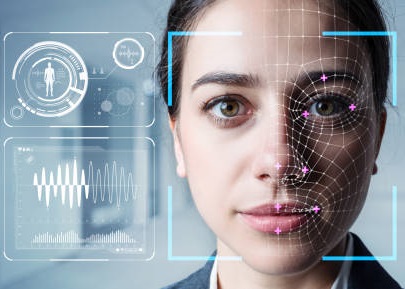
In a time of digital innovation and technical breakthroughs, biometric technology has become a potent instrument for identification and authentication. Biometrics, which range from facial recognition software to fingerprint scanners, provide unmatched security and ease in a number of industries, including banking, healthcare, and law enforcement. The widespread usage of biometric technologies has raised severe concerns about data security and privacy. People must take proactive actions to protect personal information and know the risks associated with biometric data.
Biometric privacy concerns originate from the unique nature of the data being collected, which is made up of individual physiological or behavioral characteristics such as fingerprints, face features, and speech patterns. “Unlike traditional forms of identification, such as passwords or PINs, biometric data is seemingly impossible to update or replace, making it vulnerable to misuse and exploitation,” explains John Wallace, Director of Background Check Investigations at Wymoo International. People cannot change their fingerprints or their facial characteristics, which makes the damage permanent. Furthermore, the gathering and storage of biometric data carries inherent hazards such as unauthorized access, identity theft, and surveillance.
One of the key concerns about biometric data is its possible misuse by hackers and cybercriminals. In recent years, there have been major data breaches involving biometric information, putting millions of people at danger of identity theft and financial crime. The extended use of facial recognition technology has led to disputes over civil liberties and government surveillance, raising concerns about the ethical and legal consequences of biometric data collection and use.
To mitigate the risks associated with biometric privacy concerns, individuals can adopt the following tips to safeguard their personal data:
Understand Your Rights: Educate yourself about the laws and regulations governing biometric data protection in your jurisdiction. Familiarize yourself with your rights regarding consent, data access, and deletion under relevant privacy laws, such as the European Union’s General Data Protection Regulation (GDPR) or the California Consumer Privacy Act (CCPA).
Limit Biometric Data Sharing: This is an easy step and one you can control. Be cautious when sharing your biometric information with third parties, including employers, service providers, and social media platforms.
Strengthen Security Measures: Implement robust security measures to safeguard your biometric data from unauthorized access and exploitation. Use strong passwords, encryption, and multi-factor authentication to enhance the security of biometric authentication systems and prevent unauthorized use of your personal information.
Opt-Out of Biometric Data Collection: Our international private investigators advise that whenever possible, opt-out of biometric data collection and use in situations where it is not necessary or mandated by law. Exercise your right to refuse biometric authentication methods and choose alternative forms of identification, such as passwords or tokens, to protect your privacy.
Stay Informed and Vigilant: Keep up with changes in biometric technology and privacy rules to better comprehend the changing environment of biometric privacy problems. Remain vigilant for any dangers and threats to your personal data, and take proactive efforts to reduce them efficiently. Advocate for greater transparency, accountability, and ethical use of biometric technology, and contribute to a safer and more secure digital ecosystem for all.
C. Wright
© Copyright Wymoo International. All Rights Reserved. This content is the property of Wymoo International, LLC and is protected by the United States of America and international copyright laws. Wymoo® is a registered trademark.